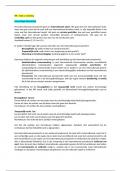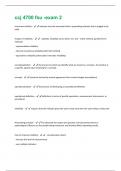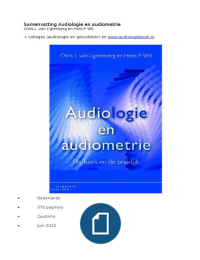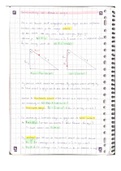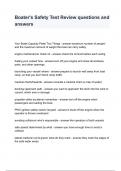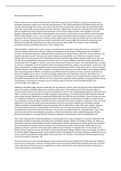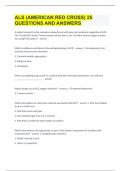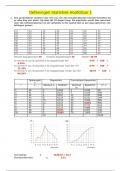Parts Of Speech
Nouns:
● Common: Naming words, Words for ordinary things. (Desk, chair…)
● Proper: Names of people and places (Erin, England)
● Collective: Names of groups or collectives. (Herd of lions)
● Abstract: Something that is not visible or tangible. (Intelligence)
Pronouns:
● Personal: Refer to people or things. (She does her work)
● Possessive: Indicate ownership. (This is my house)
● Reflexive: Reflect back to the noun or the pronoun. (Jack cut himself)
● Interrogative: Interrogate or ask a question. (Who came to tea?) (What)
● Demonstrative: Point out a specific person or thing. (This or that)
● Indefinite: Refers to people or things in a general way. (You, they, someone, no-
one)
● Relative: Performs the functions of conjunctions by joining or connecting one
part of the sentence to another. (Who, whom, whose- refers to people) (that,
which, what- refers to animals or inanimate objects)
Articles:
● Denfinate: Refers to something specific or definite. (The)
● Indefinite: Referring to something indefinite or non-specific. (A & An)
Verbs:
● Finite: Can stand on its own/ doesn't need an auxiliary verb. (Plays, Argues)
● Auxiliary: Helping verbs (Can, is, may, were, shall)
, ● Non-Finite: Do not change their form even when the person and number of the
subjects change. (I want to eat something nice)
○ Gerund: Verbal noun. The -ing form of a verb. (Taking, Running)
○ Infinite: Is the base form of the verb. Often used with ‘to’ or without ‘to’.
(David and I agreed to meet at 4)
○ Participle: There are two kinds:
■ Present: Formed by adding -ing to a base verb (I have been
reading)
■ Past: Formed by adding -d, -ed, -en, -t or -n to the base verb (I have
worked)
● Transitive: There is an object in the sentence and it can be written in the passive
voice.
● Intransitive: There is no object in the sentence.
Adjective:
● Compound: Adjectives joined by hyphens
○ Eg. well-deserved.
● Degrees of comparison
○ Positive: Refers to one thing. (Eg. Flat)
○ Comparative: Compares two things. (Eg. Flatter)
○ Superlative: Compares more than two things and describes the best or
the most. (Eg. Flattest)
Adverb:
● Describes the verb. (He ran fast)
Conjunction:
● Joining words. (Although)
Preposition:
● Small words that usually relate two words or phrases to one another. (The
teacher sat on the chair behind her table)
Figures Of Speech
Comparisons
Similes
○ A direct comparison using like or as.
, Metaphor
○ A direct comparison without the use of like or as.
➔ Extended: Recurring metaphors or analogies throughout a poem or
passage.
➔ Mixed: Incongruous terms used to describe the same object or event.
(Mountains of strawberries). Should be avoided due to contradiction.
Personification
○ Giving human qualities to inanimate objects.
Apostrophe
○ Directly addressing an inanimate object or person is no longer living.
Allusion
○ A direct or indirect referral to a particular aspect. (Allude the bible in
poems)
Sound Devices
Alliteration
○ The repetition of consonant sounds at the beginning of a word.
Assonance
○ The repetition of vowel sounds.
■ Short vowel sounds can speed up and create joy.
■ Long vowel sounds slow down the pace and dampen the mood.
Onomatopoeia
○ Use of words that imitate real sounds.
Rhyme
○ Depends on sound, rather than written word.
Consonance
○ The same consonant sound repeats within a group of words
○ Eg. Traffic figures, on July Fourth, will be tough.
Contradictions
Antithesis
○ Compares and contradicts ideas or statements in a sentence.


